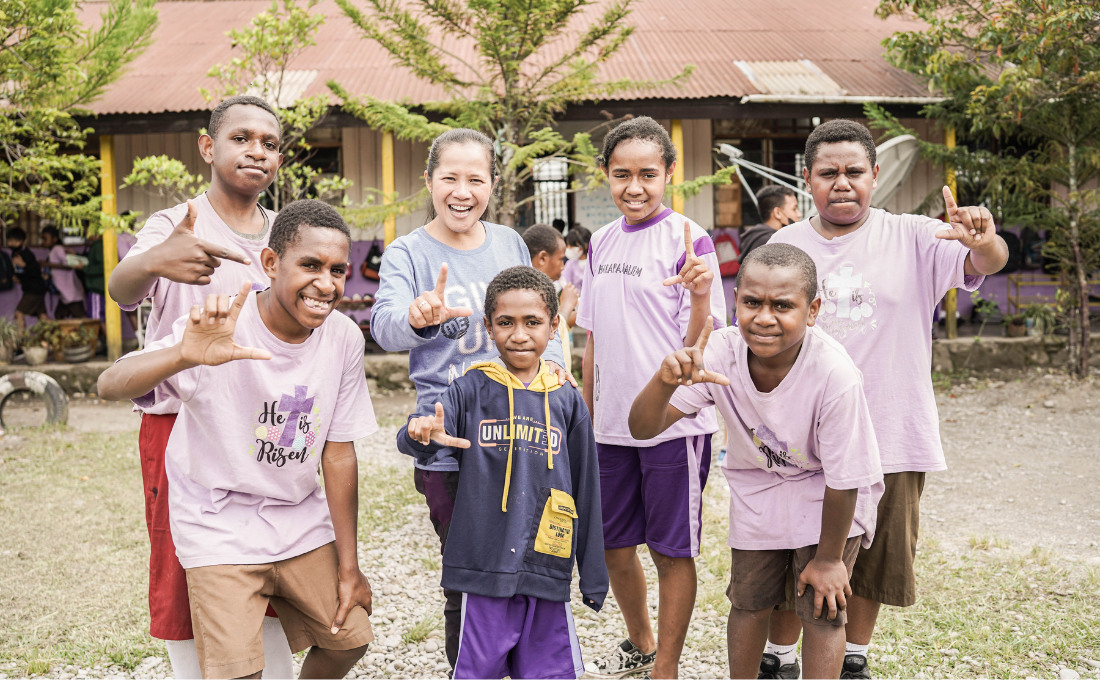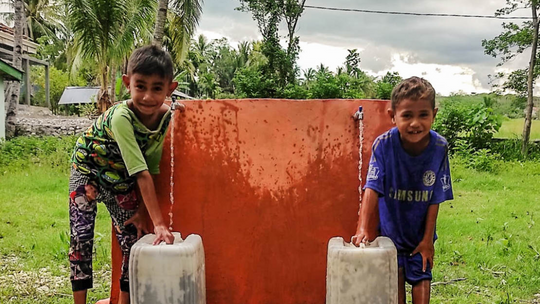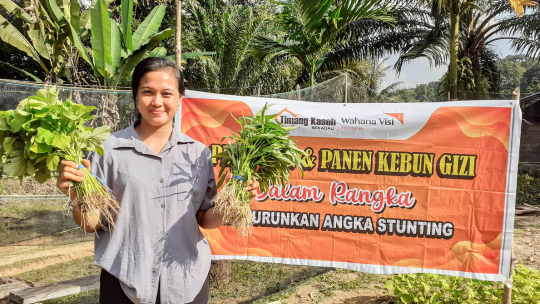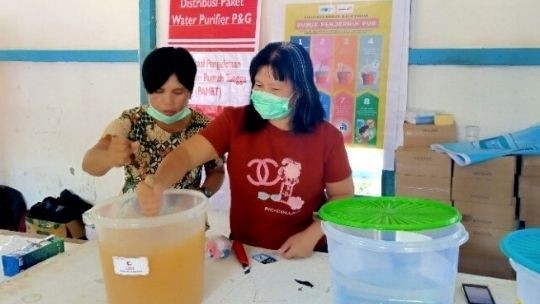Cultivating Hope: Seeds of Literacy in Papua

Schools in Pegunungan Tengah, Papua are often forced to close due to security concerns. The ongoing horizontal conflict in the region has made parents apprehensive about sending their children to school, fearing for their safety. As a result, the education of many children has been severely disrupted.
"Even at home, there's no guarantee that these children are learning since their parents are busy tending to their gardens or lack the skills to teach them," remarked Ibu Septa, a sixth-grade teacher at one of the schools in Pegunungan Tengah. In addition to her teaching duties, Ibu Septa also serves as the school principal.
The school where Ibu Septa works has already implemented contextual teaching methods, which have proven effective in enhancing student comprehension. However, no matter how effective the teaching methods, it becomes challenging to improve student outcomes without the active involvement of parents, families, the community, and the government.
"Human resources and environmental influences are two crucial aspects that demand significant attention. The internet has reached our villages, although the infrastructure still lags far behind from urban areas. Nevertheless, this requires support from the human resources who are willing to develop and progress," explained Ibu Septa.
Education is not solely the responsibility of teachers at school. All adults in a child's life must create an environment that is 100% supportive of their learning. Children can learn at home with parental guidance, participate in groups that nurture their potential, or have access to child-friendly spaces in their villages. When such a supportive environment is established, children in rural areas can thrive and be prepared to compete.
Ibu Septa also emphasized the importance of involving traditional leaders in addressing educational challenges in Pegunungan Tengah. "For instance, during a mourning period, it can last up to a month, and children end up missing school because they accompany their grieving parents. Or, if their parents go to the fields, the children also follow them, resulting in frequent absences from school," she stated.
The preservation of local culture must go hand in hand with the fulfillment of children's rights. Local customs can be adapted to avoid becoming obstacles and instead serve as primary promoters of education. This way, children can grow to love education even more because their own culture instills the same values.
Since 2013, WVI has been collaborating with the school where Ibu Septa teaches. WVI has facilitated training for teachers to enhance their teaching skills in line with the implemented curriculum. Additionally, teachers have undergone the Wahana Literasi training module. This is one of WVI's efforts to improve and maintain the quality of human resources.
"Children are becoming more enthusiastic about reading and writing because their teachers are also passionate about it. Classrooms are becoming more literate; in the past, there weren't many literacy displays in our classrooms. After the Wahana Literasi training, we have grown further, and the core impact is on the children," shared Ibu Septa.
She recognized that the collaboration between teachers and WVI supports all aspects of teaching. It goes beyond just imparting knowledge; teachers also learn a great deal about literacy, numeracy, and child development. With the advancement of teachers’ quality in her school, Ibu Septa hopes that this progress will be sustained. She also envisions that children in Central Papua will have a supportive environment that nurtures their education throughout their lives.
Author: Mariana Kurniawati (Communication Executive)



